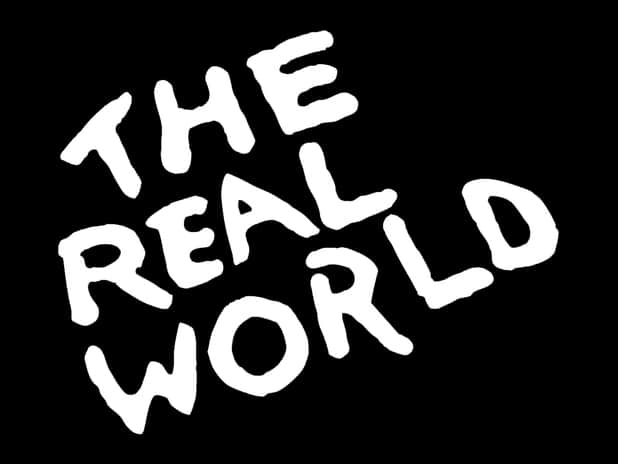A very public social experiment once endeavored to “find out what happens when people stop being polite and start getting real.”
That experiment was The Real World, and they sought to answer that question with a booze-filled house of strangers.
And while we probably shouldn’t get so nostalgic about the 90’s that we apply lessons from reality TV to the workplace, it’s still a major question mark in the office: How do we get employees past the niceties to talk about the things that really impact them?
Can your employees talk about a protest or boycott they participated in over coffee on Monday morning? If their neighborhood, their community, or their family is impacted by something in the news in a way that their co-workers aren’t, can they bring up how that’s affecting their ability to get a presentation done by Thursday? If your organization has a predominantly liberal workforce, do your conservative employees feel like they have an opportunity share their point of view, or do they remain silent?
A Deloitte study showed that 61 percent of employees report they are “covering” on some personal dimension (appearance, affiliation, advocacy, association) to assimilate in their organization. That’s a LOT of people spending a LOT of time and energy trying to hide who they
are.
Corporate culture has conditioned us to believe that we can’t talk about religion, politics, or current events at work. Showing emotion and passion about these topics is considered taboo. But does empathy have to be the enemy of efficiency?
Work doesn’t get done faster or better if we ignore what’s going on in the lives of our co-workers, or in the world around all of us. If we know the positive business impact of tapping into the unique skills and experiences of our team members, that means being open to all of those experiences, not just the ones that are convenient and comfortable for us.
It’s not about pressuring people into sharing a kumbaya circle of feelings – but instead creating an environment where people feel empowered to speak up about how current events, changes (or lack thereof) in legislature, or family dynamics are taking up mental and emotional space in their lives. Giving space to those conversations at work isn’t a waste of time, it provides a key opportunity for employees to feel valued and respected as people.
That said, we can’t open the feelings and opinions floodgates without laying the groundwork to make sure those conversations are productive. If you’re looking for a good place to start, ask yourself these three questions about your organization:
- Do your teams have ground rules for how they communicate with one another? Establishing group communication guidelines in your departments, teams, or even as friendly colleagues grabbing a drink can help set the rules of the road for how you engage.
- Do your managers understand different identities and how they might be impacted in different situations? As more emotional and critical dialogues emerge in the work environment, are your managers equipped to navigate the possible challenges? Having a working understanding of individual identity and how those different identities may intersect can go a long way towards moderating healthy dialogue.
- What are the cultural norms at your organization and who has a hand in setting those? Often, even on highly diverse teams, an organization’s culture can be determined by dominant identities – namely, maleness and whiteness. For your organization to truly offer a supportive place for all employees to show up and be heard, those cultural norms must be acknowledged and evolved.
Organizations can’t change overnight, but they can start making progress by creating space for these dialogues and not asking employees to check all of their emotions at the door.
Getting real isn’t always easy, but it sure is human.

